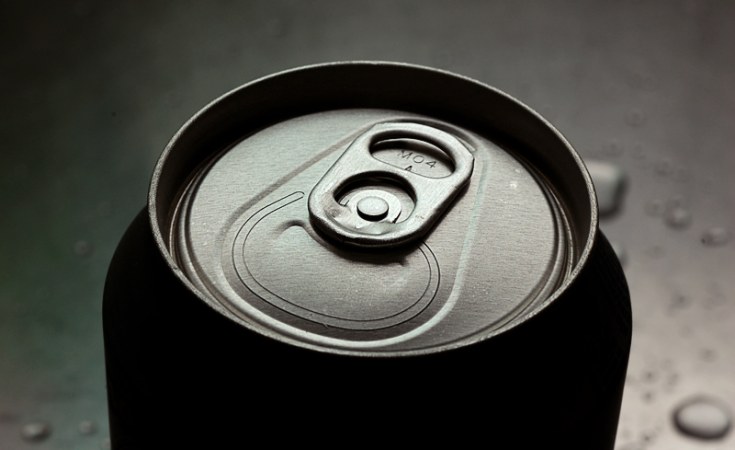Operators in the carbonated soft drinks sub-sector of the Manufacturers Association of Nigeria (MAN) have raised alarm over implications of the federal government's proposed 20 per cent Ad-valorem Excise Tax on non-alcoholic beverages, which covers the widely consumed Carbonated Soft Drinks (CSD) segment.
The sectoral group players rising from a meeting on Thursday 17th November 2022 in Lagos, posited that, such a move will spell doom for the sector as the effect of the prevailing N10 per litre tax regime is already crippling the sector with its biting effects on their businesses.
Industry study had shown the impacts of the prevailing N10 per litre excise tax effect between June and August 2022, revealing - eight per cent revenue decline as a direct result of excise tax implementation. It is projected that the decline will hit -25 per cent by December 2022, if not reviewed.
This excludes the cost of write-offs of products produced, excised but not sold. This, coupled with the proposed 20 per cent Ad-valorem tax introduction, operators said, will collapse the soft drink market that is already struggling.
Aside thousands of Nigerians who will be relieved of their jobs, hence, compounding the rising unemployment in the country, more soft drinks lovers, it was learnt, may seek alternative elsewhere, meaning that, operators will no longer be able to run profitable businesses that will generate revenue for the economy.
"Most certainly, the additional 20 per cent will not only kill the sector but result in the loss of revenue by the federal government, and a consequential phenomenal loss of jobs by various layers of the Nigerian workforce," the operators said in a position paper released at the end of the meeting.
This sectoral distressed position was laid bare on Thursday, November 17th, 2022 by the Soft Drinks Manufacturers Sub-sector of the Manufacturers Association of Nigeria (MAN),
It should be noted that the soft drinks manufacturers accounts for 33 per cent of the entire manufacturing sector in the country.
Interestingly, the manufacturing industry contributes 15 per cent to the Gross Domestic Product (GDP) of the Nigerian economy, while the food and beverage sector contributes 5 per cent, and with a payment of N202 billion to the government on Value Added Tax (VAT), and N207 billion in Company Income Tax(CIT), enormous amounts that would be lost by the federal government if the sector is allowed to collapse.
Quoting the Nigeria Bureau of Statistics (NBS), they said, the food and beverage division of the economy in the last five years generated 1.5 million jobs, both direct and indirect, and it was from 2020 to date, that some companies in the sector strived to pay Minimum Tax, which is a pointer to the fact that the business climate is deteriorating, as the companies are finding it difficult to carry out their operations effectively.
Speaking at the meeting with one voice, the sectoral heads decried the devastating effects of the N10 per litre tax, which has become burdensome with the high cost of operation in the country and its constituent elements.
This, they noted, is already having devastating effects on the end cost to consumers, considering their poor economic condition; adding that, an additional 20 per cent will most certainly kill the sector.
They, therefore, called for the suspension of the catastrophic excise tax being proposed by the federal government to forestall the collapse of the industry.
Corroborating this position, Corporate Affairs and Sustainability director, Nigerian Bottling Company (NBC), Ekuma Eze, pointed out that, since the introduction of the N10 per litre Excise Tax, businesses in the sector have been experiencing a worrisome decline, the average loss in volume and revenue is -10 per cent between June to September 2022, and it is estimated that the decline will further worsen to -25 per cent by December 2022.


